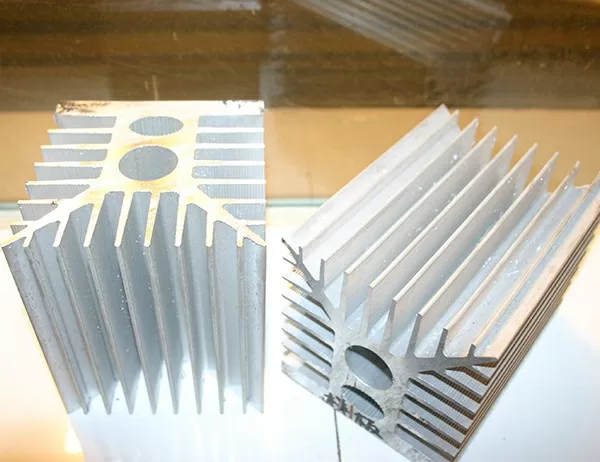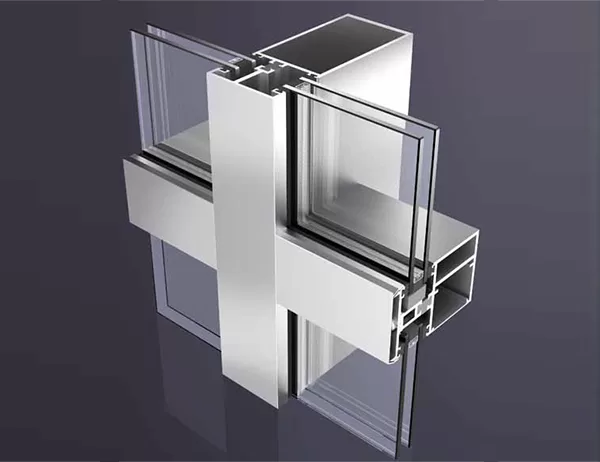In the realm of modern manufacturing, where countless industries grapple with the relentless pursuit of efficiency and sustainability, the humble industrial aluminum profile has emerged as an unsung hero in the battle against thermal inefficiencies.
The Heat Dissipation Imperative
The generation and dissipation of heat are inherent to industrial processes. Whether it’s the friction of machinery, the flow of fluids, or the operation of electronics, excessive heat can wreak havoc on equipment and degrade performance. Uncontrolled thermal buildup can lead to component failures, energy wastage, and even safety concerns.
Enter the Aluminum Profile
Industrial aluminum profiles, with their exceptional thermal conductivity and lightweight construction, offer an ideal solution for addressing these critical thermal challenges. These profiles serve as efficient heat sinks, effectively conducting heat away from sensitive components and dissipating it into the surrounding environment.
Benefits of Thermal Management
The implementation of aluminum profiles for thermal management brings about a host of benefits for industrial applications:
Improved Equipment Reliability: By preventing overheating, aluminum profiles extend the lifespan of equipment and reduce the risk of costly breakdowns.
Reduced Energy Consumption: Optimized thermal management enables industries to operate more efficiently, reducing energy usage and lowering operating costs.
Enhanced Comfort and Safety: The dissipation of excess heat improves working conditions for employees and reduces the risk of thermal discomfort or accidents.
Specific Applications
Industrial aluminum profiles find widespread application in a diverse range of industries, including:
Electronics: Heat sinks are essential for cooling electronic components in computers, servers, and control systems.
Automotive: Aluminum extrusions are used in radiators, heat exchangers, and engine compartments to manage the heat generated by combustion engines.
Construction: Architectural profiles help regulate the temperature of buildings, reducing energy consumption and improving occupant comfort.
In the drive towards sustainable and efficient industrial processes, industrial aluminum profiles have proven to be an indispensable tool for thermal management. Their ability to dissipate heat effectively, improve equipment reliability, reduce energy usage, and enhance safety makes them a cornerstone of modern manufacturing practices. As industries continue to demand solutions for thermal challenges, the role of aluminum profiles will only grow more prominent in the years to come.




